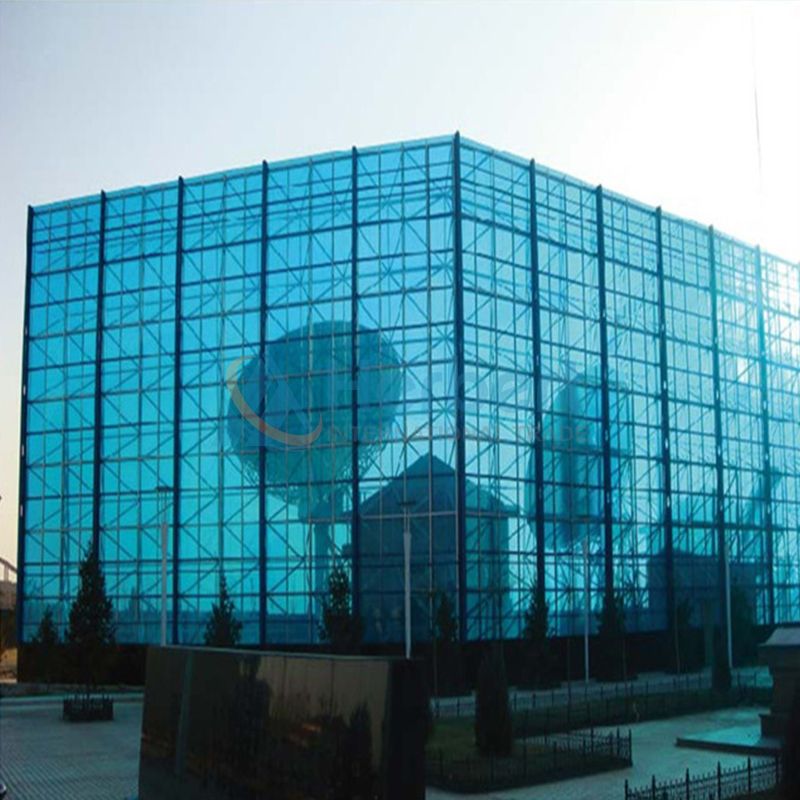- Automobiles & Motorcycles
- Beauty & Personal Care
- Business Services
- Chemicals
- Construction & Real Estate
- Consumer Electronics
- Electrical Equipment & Supplies
- Electronic Components & Supplies
- Energy
- Environment
- Excess Inventory
- Fashion Accessories
- Food & Beverage
- Furniture
- Gifts & Crafts
- Hardware
- Health & Medical
- Home & Garden
- Home Appliances
- Lights & Lighting
- Luggage, Bags & Cases
- Machinery
- Measurement & Analysis Instruments
- Mechanical Parts & Fabrication Services
- Minerals & Metallurgy
- Office & School Supplies
- Packaging & Printing
- Rubber & Plastics
- Security & Protection
- Service Equipment
- Shoes & Accessories
- Sports & Entertainment
- Telecommunications
- Textiles & Leather Products
- Timepieces, Jewelry, Eyewear
- Tools
- Toys & Hobbies
- Transportation
What is the difference between wall cladding and curtain wall?
Wall cladding and curtain walls are both architectural elements used in building construction, particularly in the design and appearance of the building envelope. While they share some similarities, they serve different purposes and have distinct characteristics. Let's explore the differences between wall cladding and curtain walls:
Wall Cladding:
Definition: Wall cladding refers to the process of covering a building's exterior surfaces with materials such as wood, metal, brick, stone, or composite panels. It serves both aesthetic and functional purposes, enhancing the appearance of the building while also providing protection against weather elements.
Function: The primary function of wall cladding is to create a protective layer that shields the building from moisture, wind, UV radiation, and temperature fluctuations. It helps maintain the structural integrity of the building and contributes to energy efficiency by providing insulation.
Installation: Wall cladding materials are attached directly to the building's structural framework or to an intermediate layer known as the "sheathing." The cladding can be applied horizontally, vertically, or at an angle, depending on the desired design.
Design and Aesthetics: Wall cladding offers a wide range of design options and materials, allowing for various textures, colors, and patterns to be incorporated into the building's exterior. It can be used to create a traditional or modern appearance, depending on the chosen cladding material.
Applications: Wall cladding is commonly used in residential, commercial, and industrial buildings. It is particularly suitable for structures where a certain architectural style or specific design elements are desired.

Curtain Wall:
Definition: A curtain wall is a non-structural exterior wall system that is designed to create a transparent or semi-transparent "curtain" of glass, metal, or other materials. It is an architectural feature that does not carry the building's load but is attached to the building's structural framework.
Function: The primary function of a curtain wall is to provide an attractive and functional enclosure while allowing ample natural light to penetrate the building's interior. It also serves as a barrier against environmental factors.
Installation: Curtain walls are typically installed in front of the building's structural frame and are supported by the building's floor slabs or columns. They are modular in design, consisting of framing members and glass or other infill panels.
Design and Aesthetics: Curtain walls are known for their sleek and modern appearance. They contribute to the building's aesthetics by creating a seamless, glassy exterior that can enhance the visual appeal of the structure.
Applications: Curtain walls system are commonly used in high-rise buildings, commercial skyscrapers, and large-scale architectural projects. They are favored for their ability to provide expansive views and a sense of openness.
Key Differences:
Function: Wall cladding primarily provides protection and insulation, while a curtain wall focuses on creating a transparent or semi-transparent exterior that allows natural light and views.
Structural Role: Wall cladding can contribute to the building's structural integrity and insulation, while a curtain wall is non-structural and relies on the building's frame for support.
Materials: Wall cladding can use a variety of materials for aesthetic and protective purposes, while curtain walls are typically made of glass, metal, or other lightweight materials to achieve transparency and modern design.
Installation: Wall cladding is attached directly to the building's framework or sheathing, while curtain walls are a separate system installed in front of the building's structure.
In summary, wall cladding focuses on protection, insulation, and aesthetics, while a curtain wall emphasizes transparency, natural light, and modern architectural design. Both elements contribute to the overall appearance and functionality of a building's exterior.
If you are interested in sending in a Guest Blogger Submission,welcome to write for us!




Comments
0